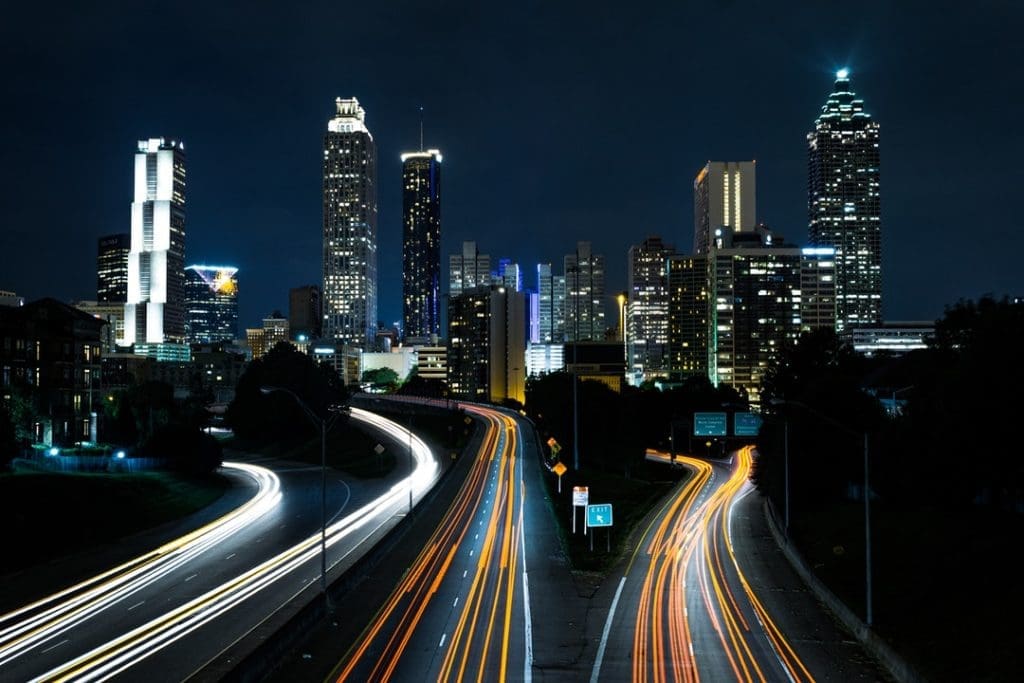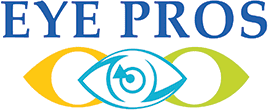2025 Guide: Top 10 Signs of Bad Night Vision

Top 10 Signs You Have Bad Night Vision
If you struggle to see clearly in low-light conditions, it may be time to take a night blindness test to determine whether you have an underlying vision problem that needs attention.
Many people experience difficulty seeing at night, but how do you know if it’s a serious issue? Recognizing night blindness symptoms early can help you take proactive steps to protect your vision.
Do you suspect you have bad night vision? Read our list of the top 10 signs to find out if you do.
The Most Common Signs of Bad Night Vision
Although bad night vision can stem from a variety of sources, there are four significant signs indicating you may have nyctalopia. But what does normal night vision look like? A healthy eye should adapt to darkness within 20–30 minutes, allowing you to perceive objects and movement in low-light conditions without excessive glare or halos.
1. Weak Vision in Low Light
By far the most obvious sign you may have bad night vision is the quality of the vision itself.
If you have trouble seeing at night or in dimly-lighted settings, chances are you have bad night vision.
All humans can’t see as well at night, but the healthy eye adapts to the darkness. The pupils open wider to let in more light, allowing humans to see a tad better.
Having nyctalopia means even the ability to make out silhouettes or forms others can perceive is difficult. Objects may also appear blurry.
If you experience this difficulty and have one of the other signs listed here, consider getting your vision checked by an expert.
2. Difficult Adapting to Light Levels
It takes human eyes an extensive time to adjust to the darkness completely. In fact, it takes about half an hour of complete darkness for most eyes to adjust to the new surroundings.
While this is a slow process for the healthy eye, bad night vision makes the transition from light to dark spaces even harder. Many individuals with nyctalopia will go temporarily “blind” when traveling from a bright space to a dim one.
Additionally, those with night blindness may not see in dimly-lit areas as quickly or as clearly as others.
3. Difficulty Driving at Night
For many people, the difference between night blindness vs normal vision becomes most apparent when driving after sunset. Those with normal vision can adjust to changing light levels, while individuals with night blindness may struggle with glare from headlights, difficulty seeing road signs, and an overall lack of clarity in low-light conditions.
4. Halos
Do you see halos or glares from light sources in the dark? If so, this may be a sign of bad night vision.
Bright circles surrounding lights can derive from several common eye problems or surgeries. However, seeing them indicates that the eye is unable to focus light and process it correctly.
As you can imagine, this can have detrimental effects on nighttime activities.
Other Signs and Causes
Chances are you if you have one or more of the signs discussed above, you have bad night vision. However, night vision can be impacted by more than visual cues.
If you’re worried about seeing at night, consider these other signs and causes of nyctalopia.
5. Lack of Vitamins
Believe it or not, what you eat affects your vision during those wee hours of the night.
Vitamin A is especially important for proper visual functioning. It helps create the cells in your eyes necessary for night vision.
If you do not eat foods containing vitamin A regularly and you have trouble seeing at night, you most likely have bad night vision. The good news is that it may be reversed by supplementing the diet with vitamin A.
6. Diabetes
High blood sugar impacts the eyes. Over time, the blood vessels and nerves in the eyes become damaged. Specifically, the light-sensitive tissue in the retina is significantly damaged.
The retina is in charge of converting light into readable signals for the brain. When the blood vessels leak or hemorrhage, the images are distorted.
The result is bad night vision.
Because this eye disease is so common among diabetics, it’s recommended that diabetic individuals have a check-up at least once a year. Further, if any difficulty seeing at night occurs, it’s vital diabetics speak to a specialist.
7. Cataracts
If you notice halos around light sources or you have generally blurred vision, it’s possible you have cataracts. Cataracts cloud the lens, distorting the image being seen.
As you can imagine, this drastically reduces visibility at night. Individuals with cataracts may see halos and find it’s very difficult to make out anything in the dark.
8. Nearsightedness
One of the most common causes of blurry vision is nearsightedness. Even during the day, nearsightedness affects the clarity of images.
During nighttime, the eye not only has to detect objects in a healthy manner, but it also faces the disadvantage of not being able to make out objects far away. As a result, night vision is drastically reduced, especially for those who need glasses for nearsighted conditions.
9. Glaucoma
Glaucoma occurs when the optic nerve is damaged. It results in blind or blurry spots, which can become permanent and eventually lead to total blindness.
Researchers are unsure what causes glaucoma, but the symptoms it displays affect night vision. As with nearsightedness, the blurred vision makes seeing at night doubly difficult.
10. Retinitis Pigmentosa
Retinitis pigmentosa is a rare genetic disorder. The disease causes the retina’s tissue to break down, inhibiting the photoreceptors. These cells are responsible for converting light into signals that the brain detects.
Individuals with retinitis pigmentosa have difficulty seeing at night due to the lack of photoreceptors. This condition usually presents itself as night blindness before affecting daytime vision.
Enhance Your Vision
Although it’s normal not to see very clearly in the dark, thousands of individuals unknowingly suffer from bad night vision.
If you struggle to see at night and experience difficulty with driving, adjusting to low light, or spotting objects in the dark, you might be asking yourself, do I have night blindness? The best way to find out is through an eye exam with an optometrist who can assess your vision and recommend solutions.
Our company has several offices located throughout Idaho, and our optometrists and staff are happy to help patients. Schedule an appointment at your convenience to ensure your eyes are seeing clearly once the moon rises.
